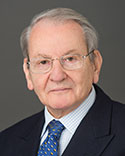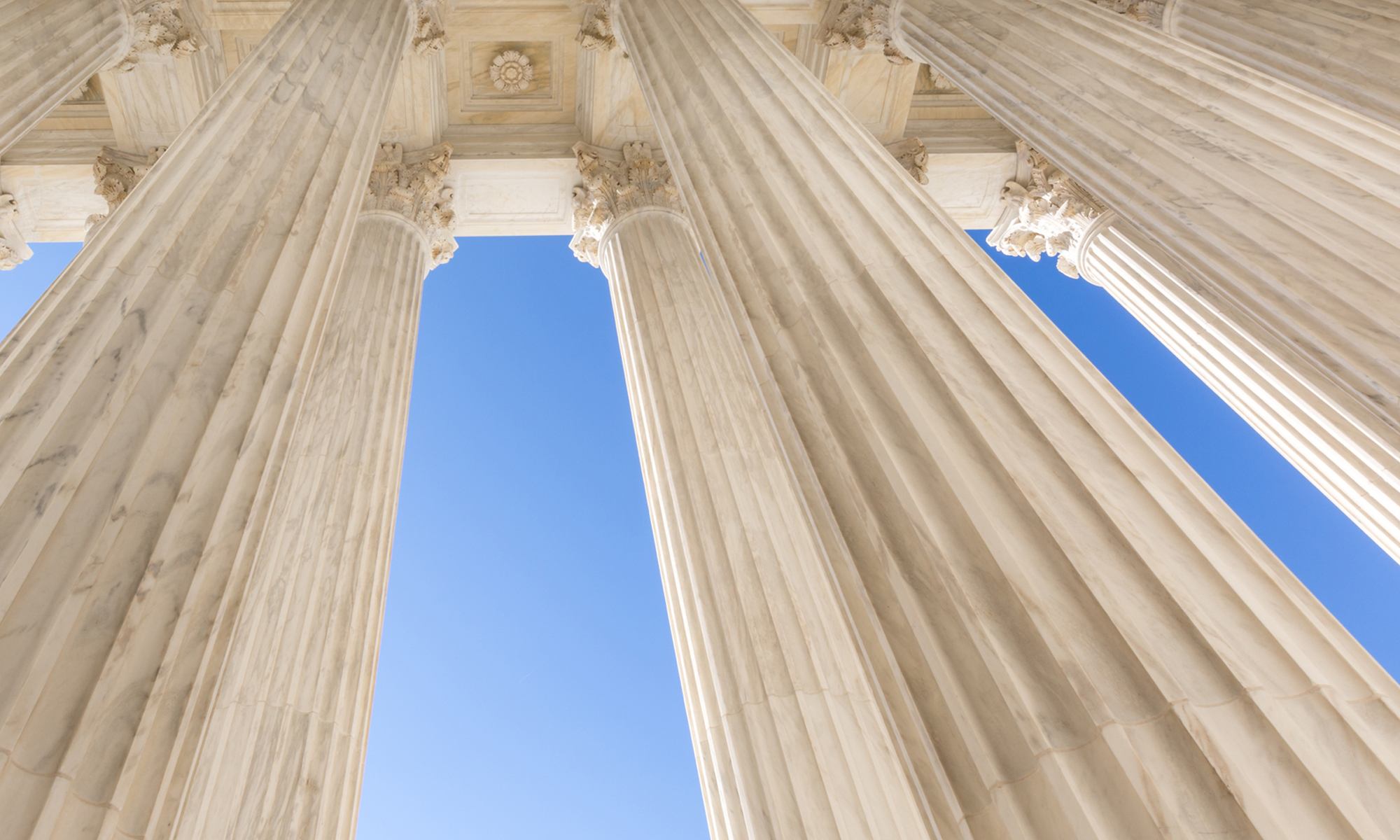 A fundamental tenet of appellate practice is that the rights of the litigants are to be determined solely on the basis of materials contained between the covers of the record on appeal. With some rare exceptions discussed below, it is a serious breach of appellate decorum to refer to matters outside the record. Counsel who do so run the risk of being reprimanded by the court during oral argument and in a subsequent published opinion.
A fundamental tenet of appellate practice is that the rights of the litigants are to be determined solely on the basis of materials contained between the covers of the record on appeal. With some rare exceptions discussed below, it is a serious breach of appellate decorum to refer to matters outside the record. Counsel who do so run the risk of being reprimanded by the court during oral argument and in a subsequent published opinion.
References in briefs to material not contained in the record may be stricken on motion made by the opposing party and, if granted, this may blemish the offending counsel’s reputation for integrity and reliability before the panel that will decide the appeal. The court may also deny costs to a prevailing party whose brief contained references to matters outside the record. Topal v. Pace University, 167 A.D.2d 387 (2d Dept. 1990) (“since the appendix to the defendant’s brief contains documents dehors the record, the defendant is denied costs on appeal”). This may amount to a significant loss for the prevailing party, far in excess of the $250 statutory costs (CPLR §8203[a]), because the party awarded costs is also entitled to recover its taxable disbursements, including the reasonable cost of printing the record on appeal and briefs. CPLR §8301(a)(6),
It is also improper to annex to a brief affidavits or exhibits that were not presented to the trial court and properly made part of the record on appeal. In City of New York v. Grosfeld Realty Co., 173 A.D.2d 436 (2d Dept. 1991), the court “note[d] with disfavor the attempt on the part of the appellant’s attorneys to submit on this appeal an affidavit specifically rejected by the Supreme Court and, therefore, not properly part of the record on this matter.” The First and Second Departments expressly prohibit the attachment of unauthorized materials to an appellate brief. Rule 600.10(d)(1)(iii) of the First Department provides that “[u]nless authorized by the court, briefs to which are added or appended any matter, other than specifically authorized by this rule, shall not be accepted for filing.” The rule permits an addendum containing “statutes, rules, regulations, etc.” Rule 600.10(d)(1)(i). In the Second Department, Rule 670.10.3(h) similarly provides what materials may be included in an addendum to the brief, e.g., decisions, statutes, cases, etc., cited in the brief that are not published or otherwise readily available, and states that “[u]nless otherwise authorized by order of the court, briefs may not contain maps, photographs, or other addenda.”
To read the full text of this article by Duane Morris partner Thomas R. Newman and Steven J. Ahmuty, Jr., originally published in the New York Law Journal, please visit the Duane Morris website.

 Duane Morris partner
Duane Morris partner